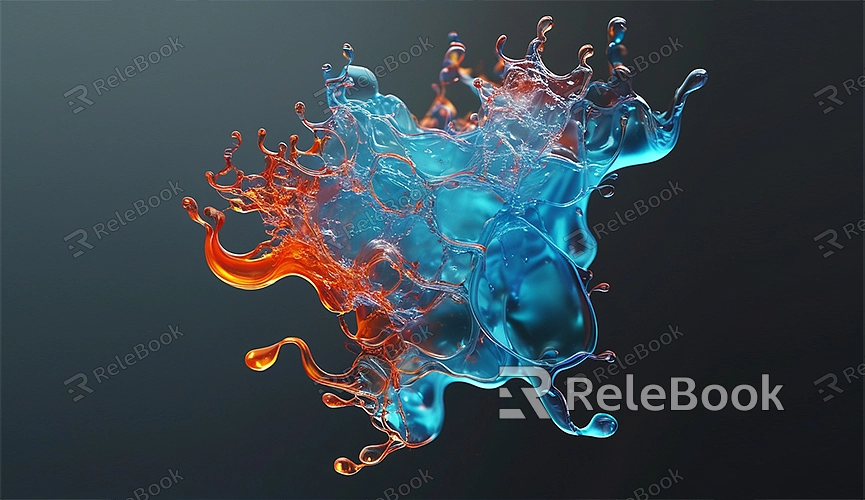How to Render from Video Sequencer Blender
In Blender, the Video Sequencer is a powerful tool that not only allows you to edit and assemble videos but also enables direct rendering. This makes Blender a highly versatile 3D software, especially suitable for creators who want to handle all their video production work within a single application. So, how do you render using Blender’s Video Sequencer?
Getting Started
First, open a new project in Blender and switch to the "Video Editing" workspace. You'll see the timeline, preview window, and file browser. Click the "Add" menu to import the video, image, or audio files you need to work with. Drag these files onto the timeline to start editing.

Editing Your Video
In the Video Sequencer, you can cut, add transitions, and adjust audio levels among other editing tasks. For instance, if you need to stitch multiple video clips together, place them sequentially on the timeline and then use the right-click menu to select "Merge Clips" to connect them seamlessly. You can also adjust the playback order and duration of the clips by dragging them on the timeline.
Setting Up for Rendering
Once your editing is complete, the next step is to set up the render parameters. Go to Blender's "Output" options to select the desired file format (such as MP4 or AVI) and set the video resolution. Next, navigate to the render settings, choose the renderer (typically Eevee or Cycles), and adjust the sampling and lighting settings as needed. For faster rendering, you can lower the sampling rate and resolution.
Click the "Animate" button to start rendering the video sequence. During rendering, you can monitor the progress frame by frame. If your project is large, rendering may take some time. You can pause or cancel the rendering process at any time to adjust settings or perform other tasks.
Finalizing
After rendering is complete, you'll have a video file ready for publishing or further processing. Blender’s Video Sequencer allows you to efficiently handle both editing and rendering in one place, greatly enhancing your workflow.
Overall, Blender's Video Sequencer is a robust and user-friendly tool, particularly suited for those who need to complete video editing and rendering on the same platform. If you need high-quality 3D textures and HDRIs for your models and virtual scenes, you can download them for free from [Relebook](https://textures.relebook.com/). For beautiful 3D models, visit [Relebook](https://3dmodels.relebook.com/) for a wide selection of premium 3D resources. These resources can help elevate the quality of your projects.
In summary, Blender's Video Sequencer provides an efficient and comprehensive solution for creators. Whether it's video editing or 3D rendering, this tool can meet your needs and help you produce high-quality work.

